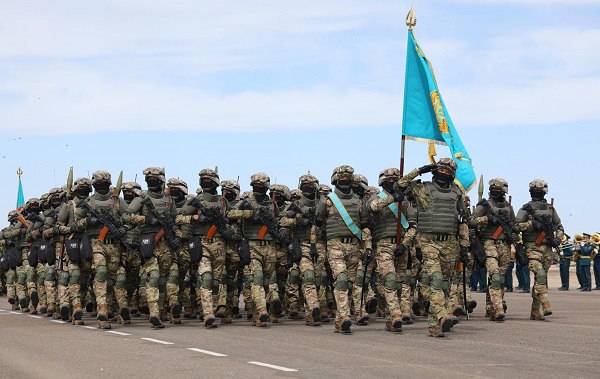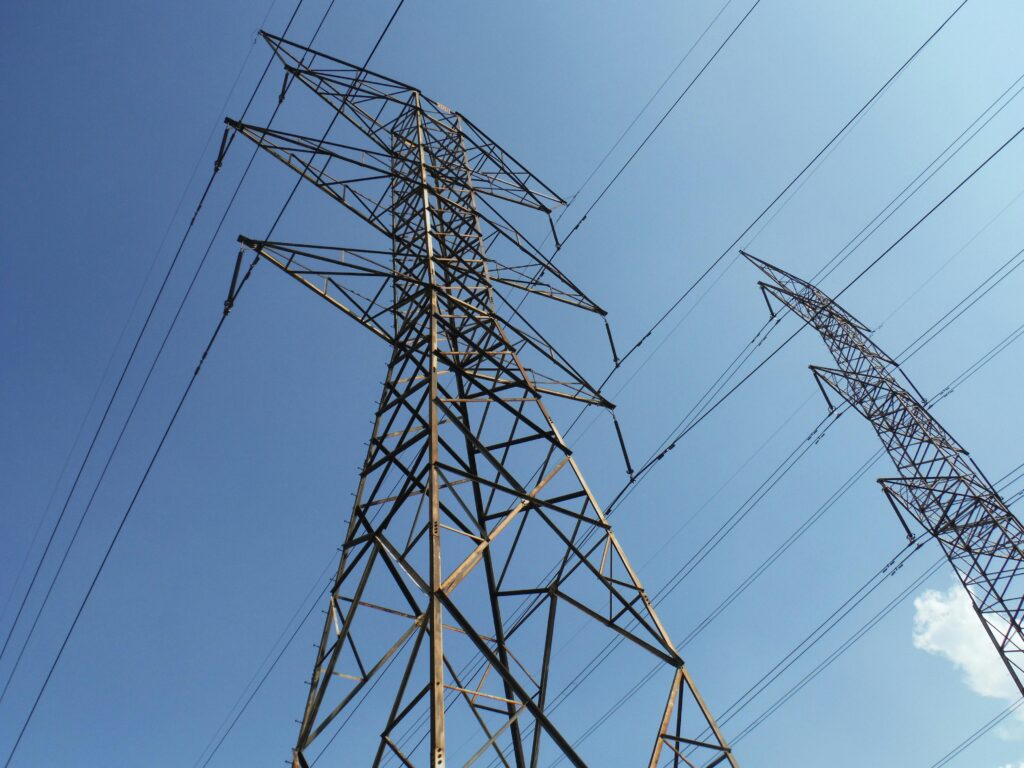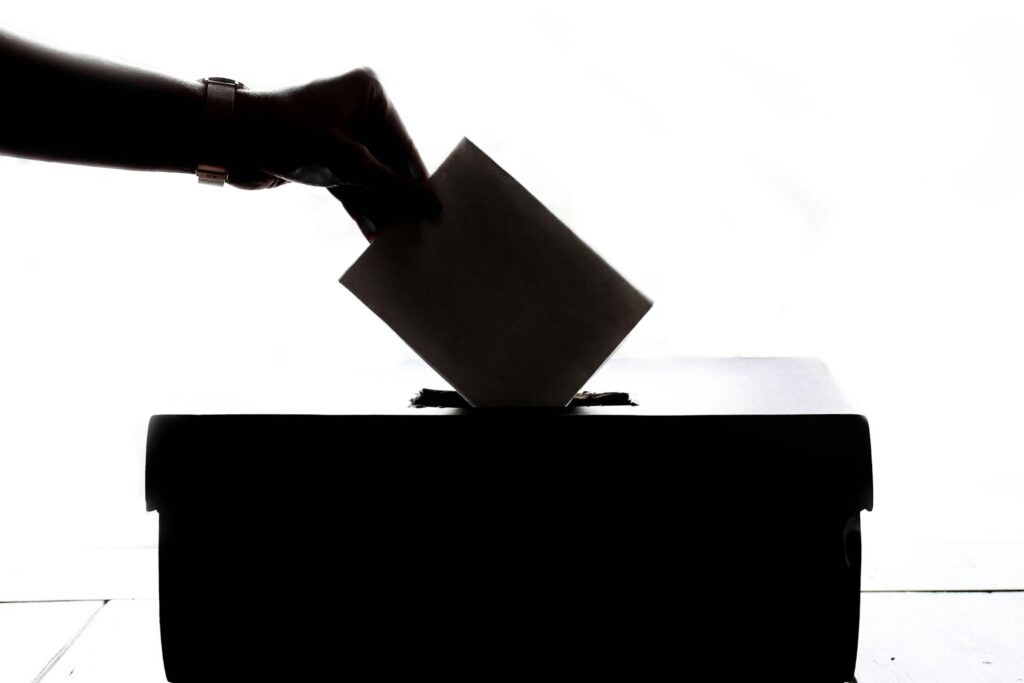Kazakhstan Proposes to Abolish Compulsory Military Conscription
In Kazakhstan, activists have led calls to abolish compulsory military service by publishing a petition on the epetition.kz platform directed to the Ministry of Defense. The petition has been provoked by recent tragic cases among servicemen, which, the document's authors say, revealed severe problems in the Kazakh army. The petition emphasizes that the main issues are hazing and non-statutory relations, which exert strong pressure on conscripts, causing psychological trauma and, in some cases, suicide. The authors are also concerned about soldiers' inadequate training. They believe modern challenges and technologies can be effectively countered only by professional soldiers, not temporarily conscripted ones. The authors cite weak medical and psychological supervision as one of the military's critical problems, as it does not help conscripts adapt to army conditions. They propose a switch to a thoroughly professional army, which they believe would improve training and reduce the number of tragic incidents. The petition will be open until October 4. To be considered by the government, a petition in Kazakhstan must garner at least 50,000 votes. In recent years, Kazakhstan has observed an alarming increase in suicides among soldiers. In 2022, President Kassym-Jomart Tokayev ordered an investigation to identify the causes of these incidents. Hazing and psychological pressure remains one of the key causes of these tragedies. Despite the measures taken, such incidents continue. Last month Kazakhstan was shocked by the death of a conscripted soldier in the Mangistau region. According to some reports, an officer shot the enlisted man in the face with a pistol.



